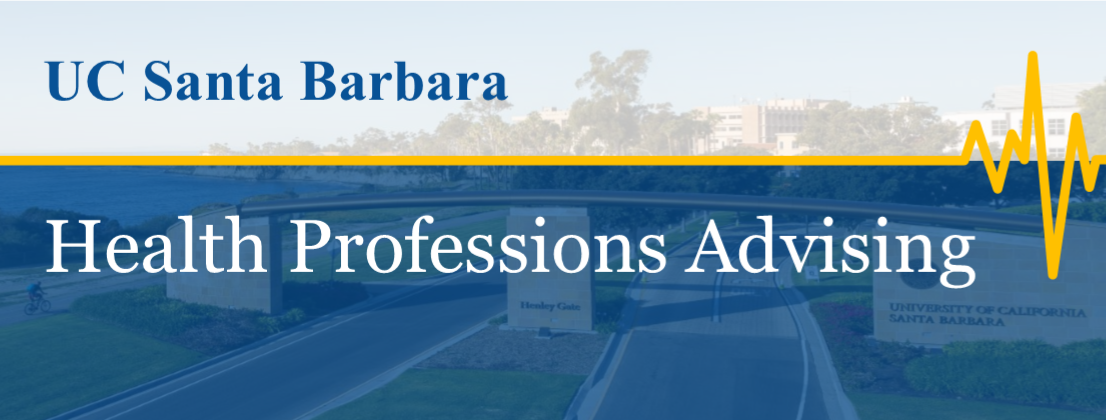Academic Preparation
Many students come to college with an idea of the health professions and majors they want to pursue, while others make these decisions later in their undergraduate career. Whichever category you fit in, it is important to begin working on prerequisite course work and, ideally, seeking out in-person experiences in healthcare settings as early as possible. Fortunately, we've compiled a number of resources within the Health Professions Advising website to help you get started on the right path.
Prerequisite Courses: Regardless of what you choose to major in, you will need to complete, at minimum, the prerequisite course requirements for your pre-health track. While many courses are similar across pre-health tracks, each track has at least a couple differences, so be sure to review the Pre-Health Tracks section of our website so that you are aware of the prereqs you will need to take.
Note: All prerequisite courses must be taken for a letter grade.
AP Credit: Programs vary greatly on which prerequisite courses they will allow AP credit to fulfill. It will be time-consuming to research every program’s requirements, so it may be a good idea to first take a sampling of professional school programs in your state of residence to get a general idea of how program requirements differ. If you're a California resident, we encourage you to explore requirements within and outside the UC system. Ultimately, it is typically best to take all science prerequisite courses here at UCSB, regardless of whether you have taken an AP test and received units for a particular course.
Considering Average GPAs and Exam Scores
- Many programs share information regarding the average GPAs and entrance exam scores for the prior year’s matriculating class. Averages are good guidelines to help you determine how competitive you might be should you apply to a particular program, but they should not completely discourage you from applying to programs. However, you should consider the following information:
- Most programs require or strongly recommend a minimum 3.0 GPA (overall and science/BCPM), and many also will not accept any grades of C- or below in prerequisite courses.
- You should be shooting for the best GPA possible, but a 3.5+ GPA (overall and in the sciences/BCPM) generally means you would be considered competitive--in terms of your academic coursework--at many professional schools.
- If you find yourself struggling in a course, it is vital that you seek out resources to help you get back on track. The CLAS provides a number of excellent resources to help students improve their academic skills, including study skills and time management, as well as academic tutoring.
Calculating Grade Point Averages
Medical and other health professions schools may utilize the grade point averages calculated using specific courses. These GPAs include the Biology, Chemistry, Physics, and Math (BCPM) GPA and the All Other (AO) GPA. Since undergraduate institutions vary in terms of academic schedule (quarters versus semesters) and grade points awarded, AMCAS generates its own standardized GPAs. We encourage you to calculate your own BCPM, AO, and your Cumulative GPA (all courses and grades calculated together, from both community college (if applicable) and your 4 year institution) using the Grade Conversion Guide. Doing this will help you to gain a better indication of your potential competitiveness as an applicant.
